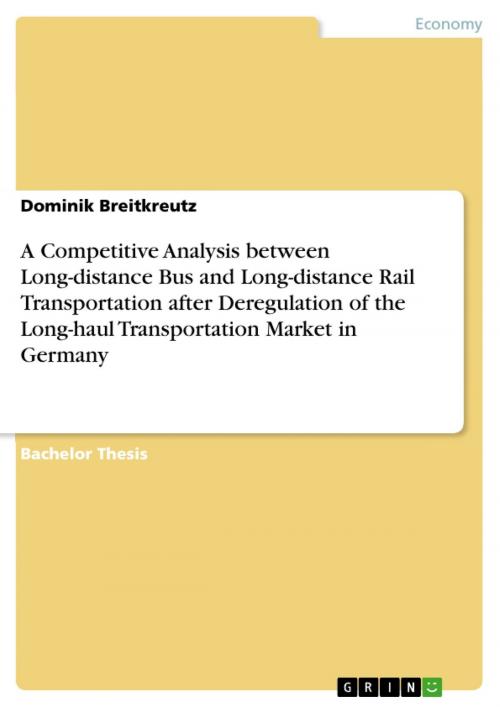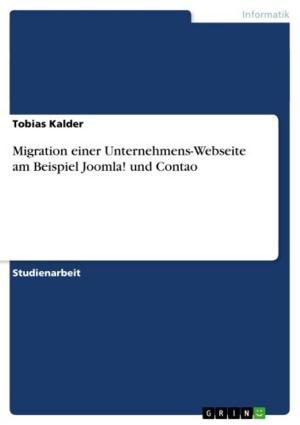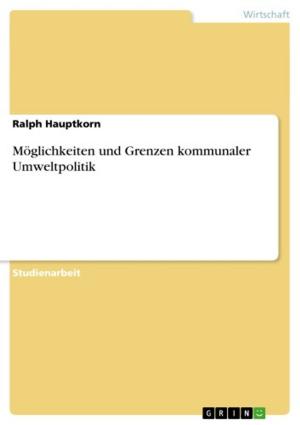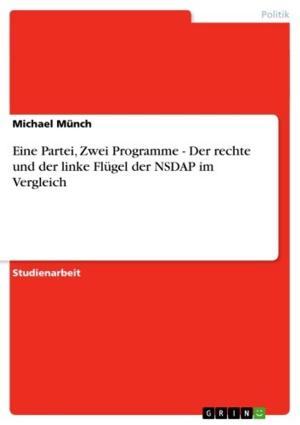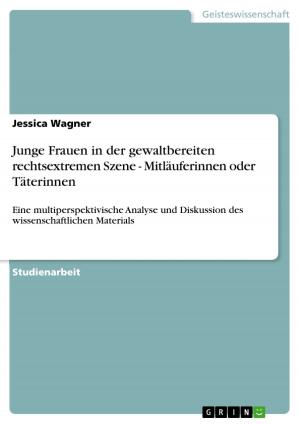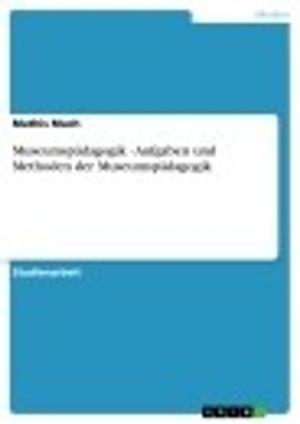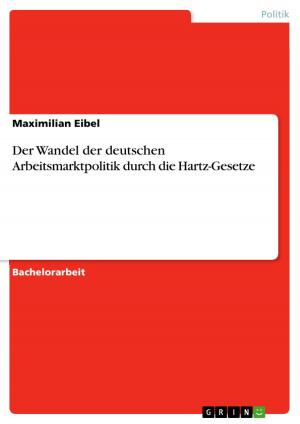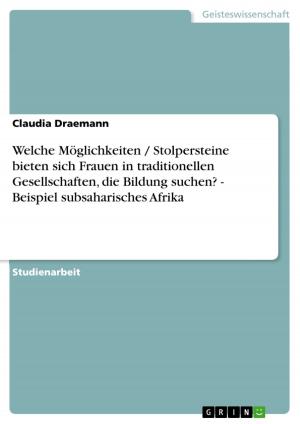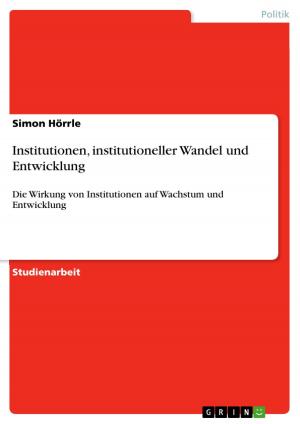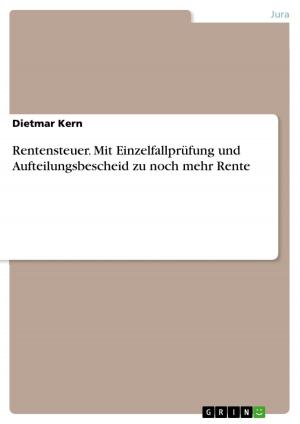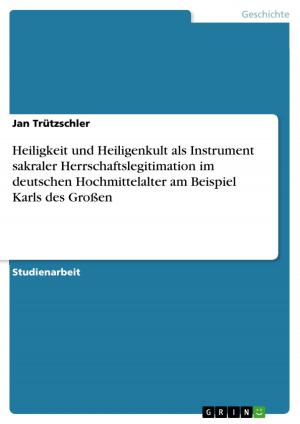A Competitive Analysis between Long-distance Bus and Long-distance Rail Transportation after Deregulation of the Long-haul Transportation Market in Germany
Nonfiction, Reference & Language, Transportation, Automotive| Author: | Dominik Breitkreutz | ISBN: | 9783668081550 |
| Publisher: | GRIN Verlag | Publication: | November 5, 2015 |
| Imprint: | GRIN Verlag | Language: | English |
| Author: | Dominik Breitkreutz |
| ISBN: | 9783668081550 |
| Publisher: | GRIN Verlag |
| Publication: | November 5, 2015 |
| Imprint: | GRIN Verlag |
| Language: | English |
Bachelor Thesis from the year 2015 in the subject Economy - Transport Economics, grade: 1,5, University of applied sciences Dortmund, language: English, abstract: Since January 2013, the long-distance transportation market in Germany has been deregulated due to the amendment of the Passenger Transport Act (Personenbeförderungsgesetz). This means that, in the future, long-distance buses may operate on routes where they were previously not allowed, to protect the interest of the railways. Following the opening up of the market in 2013, more and more long-distance bus companies have penetrated the market and a major price war has ensued. The Deutsche Bahn AG had initially underestimated the competition, and is now trying to regain passengers through elaborate mar-keting ploys. The aim of this thesis is to compare two very different modes of transport, namely railbound long-distance transport and long-distance bus transport. Various criteria that affect the subjective trip perception of an average passenger are listed. To complete the comparison, domestic air transport is also briefly discussed, as this is also a mode of long-distance transport. The comparison yields a differentiated view of the modes of transport and various positive and negative features can be highlighted. Nevertheless, a recommendation for or against a party is not possible in this work, as it is highly dependent on the personal preferences of the passenger. But the fact is that the various providers do not share the same competitive conditions. Till this situation is not regulated by law, a fair comparison cannot take place in any case.
Bachelor Thesis from the year 2015 in the subject Economy - Transport Economics, grade: 1,5, University of applied sciences Dortmund, language: English, abstract: Since January 2013, the long-distance transportation market in Germany has been deregulated due to the amendment of the Passenger Transport Act (Personenbeförderungsgesetz). This means that, in the future, long-distance buses may operate on routes where they were previously not allowed, to protect the interest of the railways. Following the opening up of the market in 2013, more and more long-distance bus companies have penetrated the market and a major price war has ensued. The Deutsche Bahn AG had initially underestimated the competition, and is now trying to regain passengers through elaborate mar-keting ploys. The aim of this thesis is to compare two very different modes of transport, namely railbound long-distance transport and long-distance bus transport. Various criteria that affect the subjective trip perception of an average passenger are listed. To complete the comparison, domestic air transport is also briefly discussed, as this is also a mode of long-distance transport. The comparison yields a differentiated view of the modes of transport and various positive and negative features can be highlighted. Nevertheless, a recommendation for or against a party is not possible in this work, as it is highly dependent on the personal preferences of the passenger. But the fact is that the various providers do not share the same competitive conditions. Till this situation is not regulated by law, a fair comparison cannot take place in any case.
